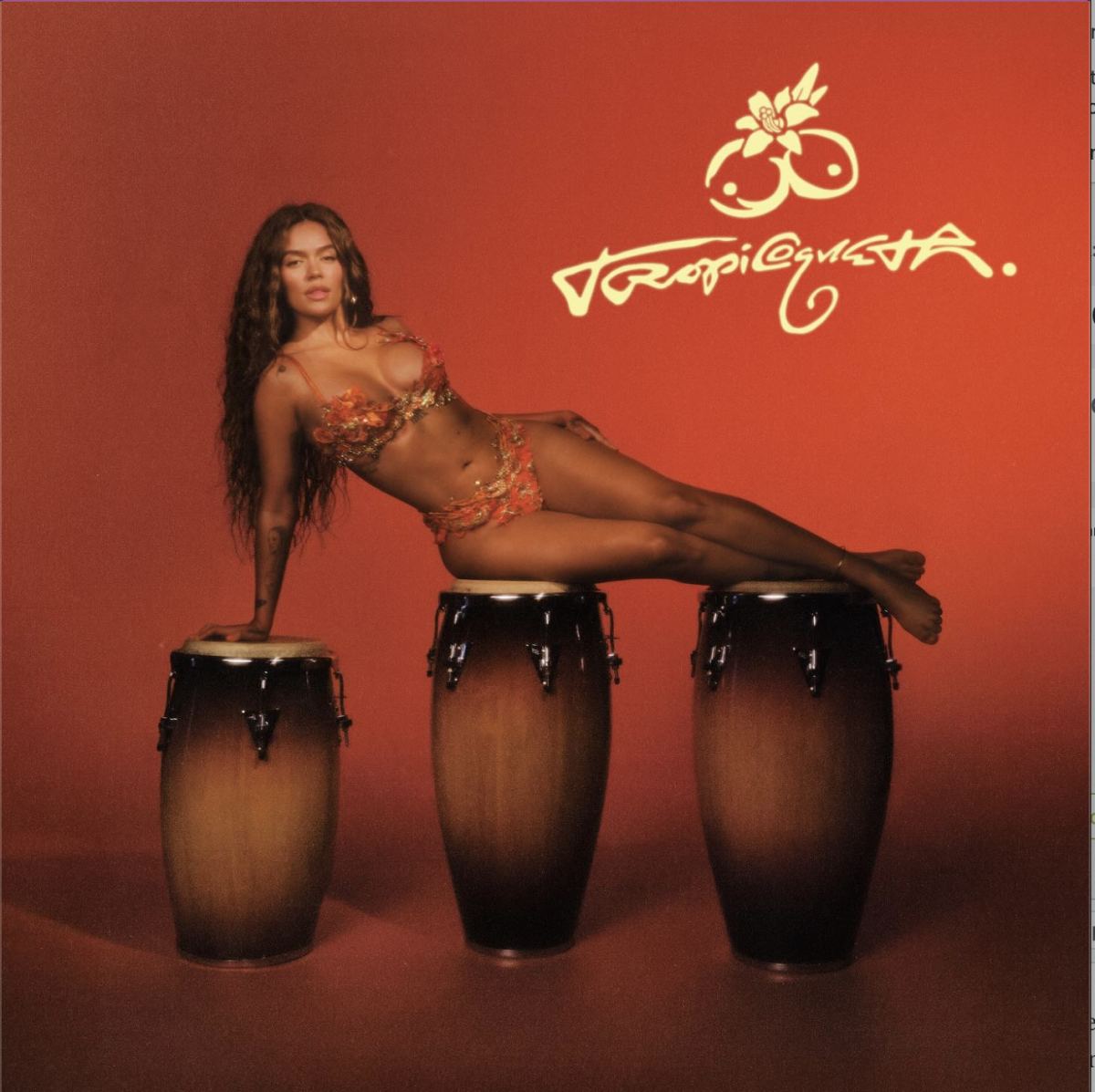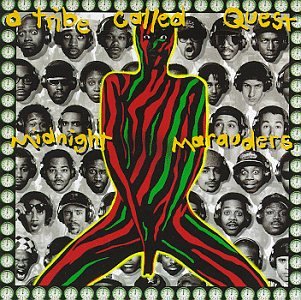Hip-hop group A Tribe Called Quest, led by MC’s Q-Tip and Phife Dog, shot up the charts during the early ’90s, and in 1993 they put out one of the most powerful albums in the genre’s history, “Midnight Marauders.” Now, we reflect back on the timeless 14-song record after 25 years.
Today, it’s rare to find love or passion in hip-hop. The music lacks the storytelling ability it once had. The genre is ruled by bland beats and auto-tuned voices preaching drug use, and attempting to rhyme words that clearly don’t rhyme.
This is what “A Tribe Called Quest” has been protesting since the late 1980s. When hip-hop really took off, Tribe saw where the genre was heading. Although the rappers in this era were very talented, their lyrics relied heavily on threats and cursing. Violence was the most common theme.
Tribe wanted to preach the opposite. They wanted to create a love movement.
Although the group’s first two albums were very successful, their third is the one that will be remembered forever.
From start to finish, Midnight Marauders is without a doubt a perfect album. It’s filled with sounds and samples based on jazz, funk, soul and R&B influences. Ali Shaheed Muhammad, the producer/DJ for the group, lays out each beat with multiple layers, creating astoundingly full backtracks for Q-Tip and Phife.
Many of the hooks on the album are done with catchy horn samples from 1970s jazz music. The first song on the album, “Steve Biko (Stir It Up),” essentially captures the feel of the entire piece; jazzy trumpets, impressive record scratching and bass so groovy it makes knees go weak.
The beats aren’t repetitive like most hip-hop tracks. Shaheed Muhammad keeps the listeners on their toes with key and tempo changes.
The reason this album is so important is because of what Q-Tip and Phife are communicating. The lyrics are very socially conscious and positive minded. Peace was the ultimate goal of the group, which made them stand out. Q-Tip exclusively wanted to push love instead of violence.
“Don’t get me wrong/ violence is not our forte/ I just like to rhyme/ kick the lyric skills like Pelé,” Q-Tip says on “Steve Biko.”
As the album progresses, there’s a sense of relief that comes with the groove. Despite this relief, the violence of the time and place couldn’t be ignored. “Midnight Marauders” spreads ideologies of change. Why fight each other when we can fight for each other?
Lyrics from Phife Dawg on “We Can Get Down” express these conscious sentiments: “We rap by what we see, meaning reality/ From people busting caps and like Mandela being free/ Not every MC be with the negativity/ We have a slew of rappers pushing positivity.”
The lyrics are sophisticated, but the way they are conveyed is what makes them genius. Throughout the album, Q-Tip and Phife exchange quick back and forth verses, trading rhymes with each other like a game of tag. The chemistry between the two has always been stellar, but “Midnight Marauders” leaves the listener feeling like they’re mid- conversation with the two hip-hop stars.
Other songs that are notable on the album include “Electric Relaxation,” which provides a soothing feel driven by smooth guitar chords and a bang-up bassline. The song serves as the perfect halfway point on the project.
Songs such as “Lyrics To Go” and “God Lives Through” explore a more trippy side of the group, adding droning notes and underlying samples that expand the listener’s mind.
In all, “Midnight Marauders” is everything a hip-hop album should be: funky, warm, sexy and relatable. The sounds in this album feel alive, and the lyrics are stunningly progressive for the time. It’s one of the most important albums in the genre’s history.
For questions/comments about this story, email [email protected] or tweet @thewhitonline.

























































































































































!["Working with [Dr. Lynch] is always a learning experience for me. She is a treasure,” said Thomas. - Staff Writer / Kacie Scibilia](https://thewhitonline.com/wp-content/uploads/2025/04/choir-1-1200x694.jpg)










































